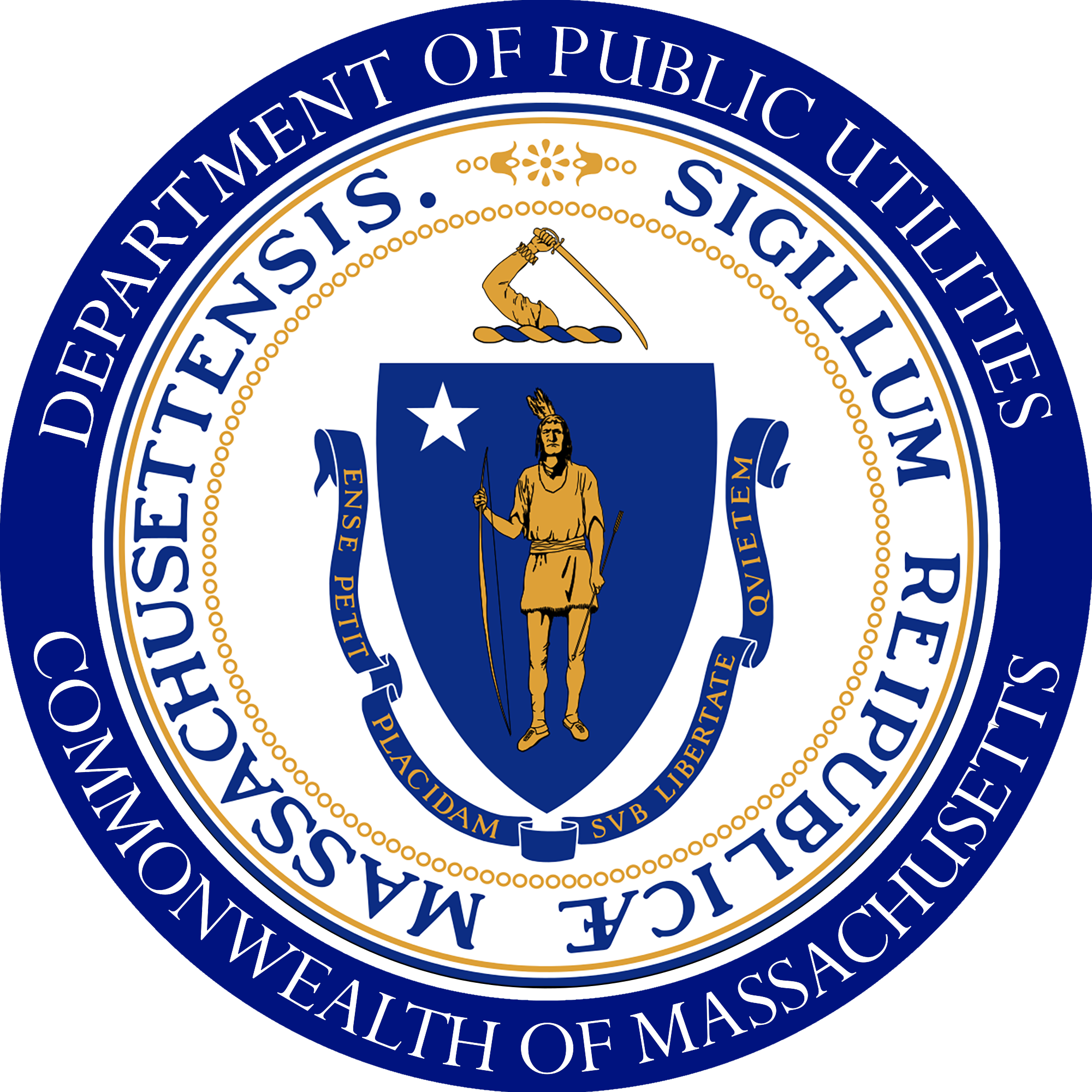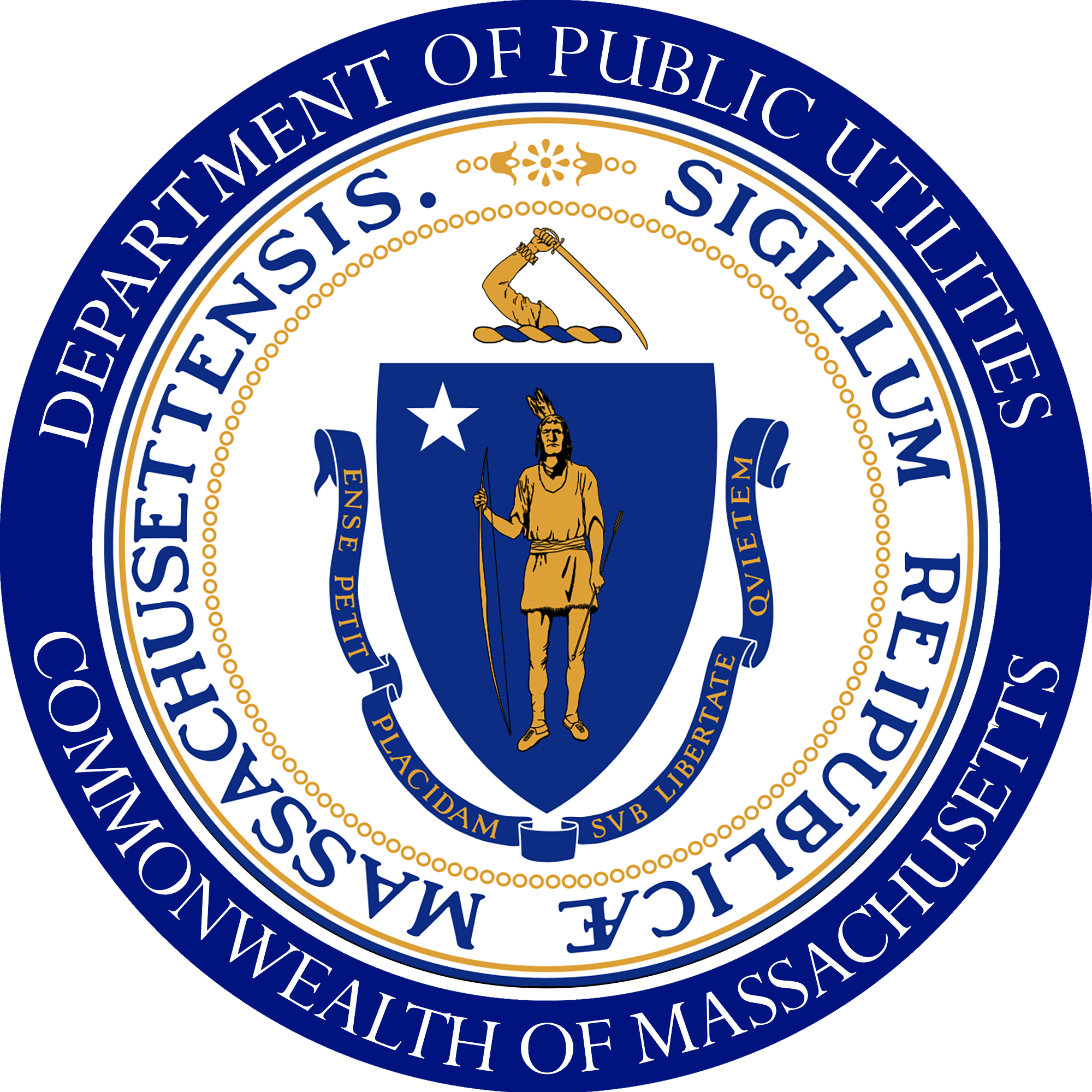- Department of Public Utilities
- Electric Power Division
Media Contact
Alanna Kelly, Communications Director

BOSTON — This week the Massachusetts Department of Public Utilities (DPU) issued an order revising the state’s Net Metering Program regulations. The new regulations will allow for municipal and state-owned to take advantage of net metering, the transfer of net metering credits between utilities, exemptions for large commercial solar facilities from caps, and restructure cost recovery to save ratepayers an estimated $10 million. The new regulations will help spur the deployment of solar facilities across the state, support Massachusetts’s move towards electrification, and cut costs for residents and businesses.
“DPU is pleased to adopt these regulations to help enhance the operation of our Net Metering Program,” noted Chair James Van Nostrand. “Net metering enables customers to cut their energy costs. This is another example of the important nexus between the clean energy transition and maintaining affordability for Massachusetts residents.”
“With this order and associated regulations, the Net Metering Program in Massachusetts continues to evolve and advance the Commonwealth’s clean energy goals,” said Commissioner Cecile Fraser. “Our new regulations will bring clarity to a complex process and help customers, municipalities, and businesses take advantages of the many benefits of solar power.”
“A robust Net Metering Program in Massachusetts is critical for advancing our progress toward an equitable clean energy transition,” said Commissioner Staci Rubin. “I am especially proud to issue this order approving strengthened regulations considering my history of working on net metering proceedings during my time with DPU as a hearing officer.”
Modifications to the Net Metering Program include:
-
Municipal or state-owned facilities that generate 60 kilowatts (kW) or less can now qualify under the public cap of the Net Metering Program;
-
New ability to transfer net metering credits from certain net metering facilities served by one utility to customers of a different Massachusetts electric distribution company (EDC);
-
Exempts facilities that serve on-site load and are larger than 60 kW and less than or equal to 2,000 kW (if private) or 10,000 kW (if public) from the net metering caps (for example commercial rooftop or adjacent parking lot canopy); and
-
Changes to the treatment of the Net Metering Recovery Surcharge (NMRS) to reduce costs of the program to ratepayers.
Net metering is a system in which eligible energy facilities (primarily solar facilities) can generate net metering credits on their utility bills for excess monthly net power generation that is delivered to the grid, helping customers reduce their electricity costs by generating their own electricity. Credits can also be transferred between the bills of different utility customers. The amount of facilities that can qualify for net metering is capped to limit cost impacts of the program.
Previously, the Net Metering Program only allowed exemptions from the net metering caps for facilities sized 10 kW or smaller (and certain facilities that are 25 kW and smaller). It also limited a customer’s ability to transfer net metering credits to other customers that are located in same utility service territory and ISO-New England load zones of the net metering facility. By expanding cap exemptions and permitting credit transfers between utility service territories, these changes will expand access to net metering to more individuals, businesses, and government facilities and will allow more customers to receive the benefits of net metering credits. The final regulations remove the NMRS, the cost recovery mechanism for the Net Metering Program, from net metering credits provided to customers and making it a separate line item that will appear on electric utility bills going forward. This will lead to lower ratepayer costs associated with the program and greater transparency for distribution customers.
The new regulations were implemented to meet the standards outlined in An Act Creating a Next-Generation Roadmap for Massachusetts Climate Policy. The issuance of this order comes after multiple rounds of comments from solar trade associations, utilities, and other stakeholders. The responses DPU received from stakeholders during the public hearing and comment period led to greater understanding of the barriers faced by the solar community and better informed DPU’s investigation.
DPU will open a rulemaking to implement additional revisions to the net metering regulations following publication of the new final revised regulations by the Secretary of the Commonwealth.
###

